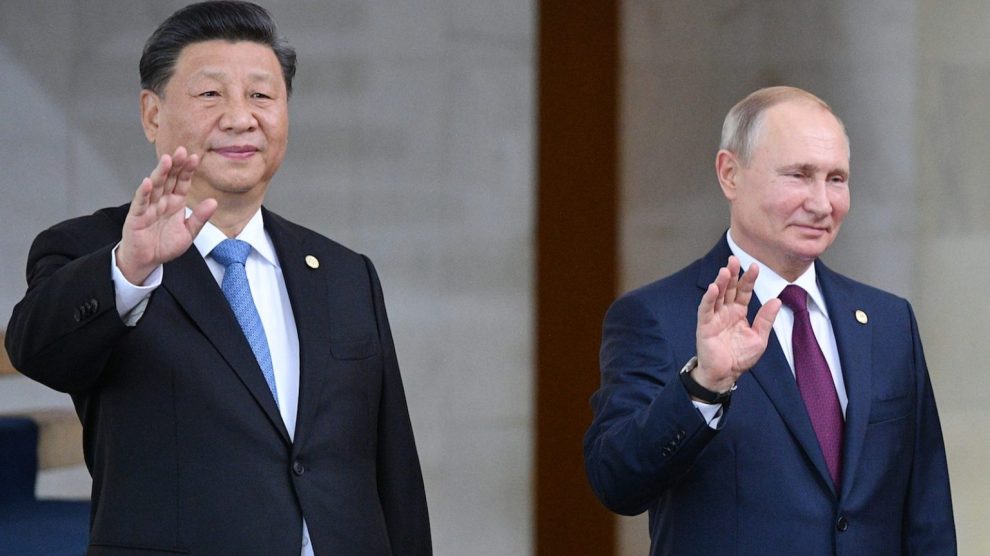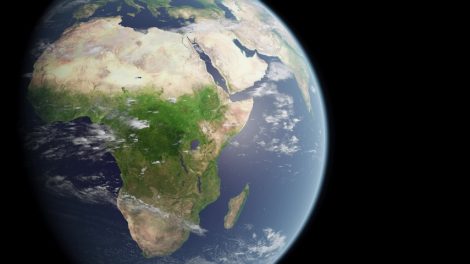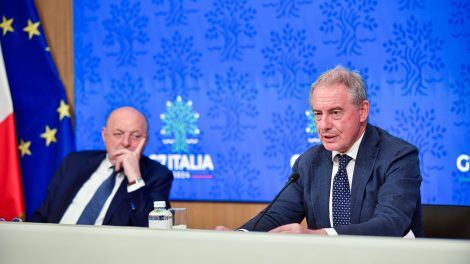Take a leaflet. In the past days, Uzbekistan President Shavkat Mirziyoyev has entrusted some newspapers around the world with an op-ed presenting the Shanghai Cooperation Organisation summit, to be held on Thursday through Friday in Samarkand. In Italy, it was Il Giornale (owned by Paolo Berlusconi, brother of former PM Silvio Berlusconi) that published his piece.
- Without ever mentioning the Russian war in Ukraine, the leader speaks of a “dynamic period, full of multiple events and trends – a period of ‘historical fracture’, when one epoch ends and another one begins, one that is still unpredictable and unknown.”
The new world order? “The current system of international cooperation, based on universal principles and norms, is beginning to falter significantly,” wrote Mr Mirziyoyev. “The ancient city of Samarkand, the pearl of the Great Silk Road,” could frame the start of “a new phase in the life of the SCO.”
- “We are full of optimism and convinced that the decisions of the upcoming [SCO] summit [will strengthen] dialogue, mutual understanding and cooperation both regionally and globally.”
- In fact, as the Washington Post explained, the Uzbekistan event may be an opportunity for the autocracies to “[forge] an alternative world order not dominated by the West.”
Xi Jinping’s words. The Chinese president said he expected “fruitful results” from the SCO meeting. In an article published in the Uzbek media, Mr Xi – who is due to meet his Russian counterpart Vladimir Putin in Samarkand – called for “strengthening security cooperation and resolving risks and challenges.”
- “Xi’s trip abroad is intended to signal confidence that he has secured a once-unthinkable third term in office, as well as to reinforce his desire to be seen as leading an anti-Western alliance of nations,” said Craig Singleton, a senior China fellow at the Foundation for Defense of Democracies and a former US diplomat, as quoted by the WaPo.
Vladimir Putin’s re-emergence. For the Russian president, who became completely isolated from the West after he invaded Ukraine, this is the first real return to high-level bilateral meetings.
- Relations with China top the agenda because “Russia attaches great importance to China’s balanced approach to the Ukrainian crisis” and view of forming “a just, democratic and multipolar world order based on international law and the central role of the United Nations,” as explained by Mr Putin’s press office.
A thorny relationship. Moscow, however, risks being politically absorbed by Beijing. “Russia has views and interests in Central Asia, and China has been slowly eating away at them. This does offer China an opportunity because Russia really is on the back foot,” said Theresa Fallon, director of the Center for Russia Europe Asia Studies in Brussels, as quoted by the WaPo.
And two propaganda fluxes. China and Russia are aligned in their attempts to make inroads into Western media systems. Even in Italy, as reported by Decode39 on several occasions and noted in the latest Intelligence Committee report.
- Circling back to Mr Mirziyoyev’s article in Il Giornale, a famous phrase by Deng Xiaoping comes to mind: “It matters not whether the cat is black or white, as long as it catches mice.” The mouse, in this case, is Italian public opinion.




